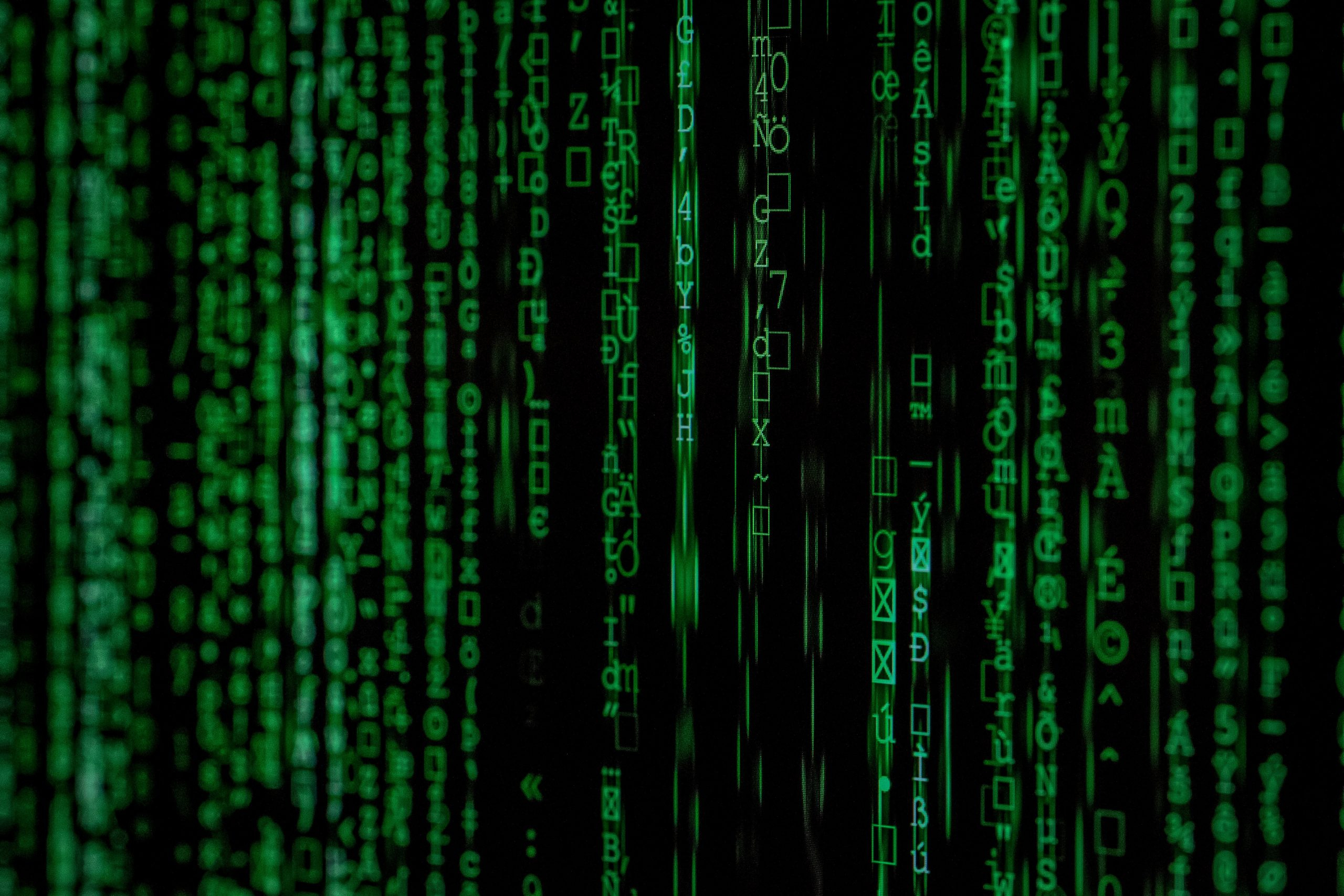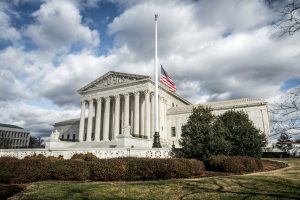Digital Age Democracy: Protecting Individual Rights in a Surveillance Society
In today’s digital age, technology has made our lives more efficient and connected than ever before. However, with the rise of digital surveillance and data collection, our individual rights and privacy are at risk of being violated. As governments and corporations gather and analyze personal data, it raises concerns about the potential for a surveillance society that could manipulate and control its citizens. In this article, we will explore the concept of digital age democracy and how it plays a crucial role in protecting our individual rights in a world where surveillance is becoming the norm.
The Evolution of Democracy in the Digital Age
Democracy has long been considered the foundation of modern society, where individuals are granted equal rights and the freedom to participate in political and social decision-making processes. With the advent of the internet and digital technologies, the traditional boundaries of democracy have expanded, giving rise to digital age democracy.
Digital age democracy refers to the use of digital tools and platforms to promote and protect individual rights, freedom of expression, and political participation. The digital sphere has become a powerful arena for citizens to engage in political discourse and hold their governments accountable.
However, with this expansion of democracy, concerns about the protection of individual rights have surfaced. The rise of surveillance technologies has given governments and corporations unprecedented access to personal data, raising questions about the potential misuse and exploitation of this information.
The Dangers of a Surveillance Society
Violation of Privacy Rights
The mass collection of personal data poses a serious threat to our right to privacy. Our online activities, including browsing history, location tracking, and social media interactions, are constantly monitored and recorded. This data can then be used to create detailed profiles of individuals, giving governments and corporations a window into our personal lives.
While surveillance may be justified as a means to protect national security or prevent crime, it also opens the door for potential discrimination and abuse. Data breaches and hacks also further threaten our privacy rights and expose sensitive information to malicious actors.
Manipulation and Control
In a surveillance society, personal data can be used to manipulate and control individuals. With access to our online behavior, governments and corporations can target us with tailored advertisements and influence our decision-making processes. This undermines the principle of democracy, where individuals are meant to have free and unbiased access to information.
Furthermore, the use of surveillance technologies by authoritarian governments to suppress dissent or track political opponents is a violation of human rights and jeopardizes the foundations of democracy.
The Role of Digital Age Democracy
To protect individual rights in a surveillance society, the concept of digital age democracy must be embraced. This includes implementing laws and regulations that limit the collection and use of personal data, as well as promoting transparency and accountability in the use of surveillance technologies.
Data Protection Regulations
One significant step towards protecting individual rights in the digital age is the implementation of data protection regulations, such as the General Data Protection Regulation (GDPR) in the European Union. These regulations give individuals more control over their personal data and impose restrictions on how organizations can collect, store, and use this information.
Transparency and Accountability
In a digital age democracy, governments and corporations must be transparent about the use and purpose of surveillance technologies. There should also be mechanisms in place to hold them accountable for any misuse or violation of individual rights.
Individual Responsibility
Individuals also have a responsibility to protect their own rights in a surveillance society. This includes being mindful of the information they share online and taking steps to secure their digital devices and accounts.
Conclusion
The digital age has brought about significant advancements in democracy, but it also brings new challenges that threaten the protection of individual rights. As we continue to navigate this digital landscape, it is crucial to uphold the principles of digital age democracy and take steps to safeguard our privacy and freedom. Only by doing so can we ensure that democracy continues to thrive in the digital age.











